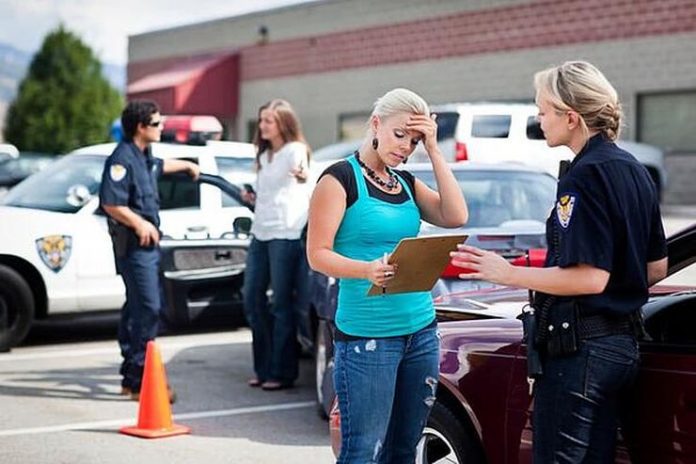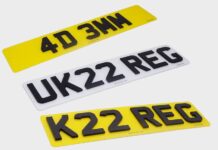When you’re involved in a car accident, you can’t afford to make any mistakes. Your physical health, finances, and emotional well-being are all on the line. Unfortunately, this is exactly what a lot of drivers do (and the costs are significant).
Car Accidents, Costs, and Consequences
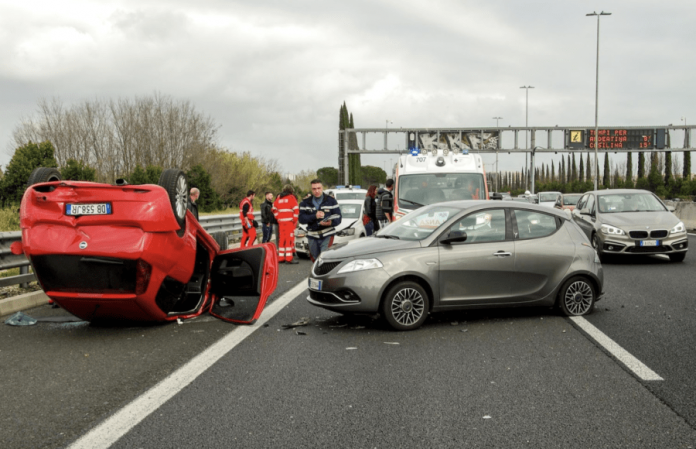
There were 33,244 fatal motor vehicle accidents recorded in the United States in 2019 (the last year in which comprehensive data is available). These accidents resulted in 36,096 deaths. Roughly 53 percent of all motor vehicle accident deaths occurred in single-vehicle crashes, while 47 percent involved multiple cars.
If you zoom out and look at the averages over the past several years, there are approximately 6 million car accidents in the U.S. every year. These accidents result in 3 million injuries annually – 2 million of which have a permanent effect. More than 90 Americans die each day in fatal car accidents.
The health and well-being of those involved in these accidents is obviously the most important factor. However, there’s also an economic cost to it all. Consider the following averages on a per-accident basis in the U.S.:
- Minor Car Crash for Uninsured Motorist: $10,000
- Non-Disabling Injuries and Property Damage: $8,900
- Non-Fatal Disabling Injury: $78,900
- Accident With Fatalities: $1,410,000
In total, car accidents cost roughly $230.6 billion in the U.S. each year – a staggering sum that speaks to the severity of the issue at hand. And if you ever find yourself in the aftermath of an accident (minor or severe), it’s imperative that you know how to respond.
5 Mistakes to Avoid
Knowing what to do can help you protect your health and finances, while simultaneously ensuring you don’t get victimized by a cutthroat system that’s not designed to look out for you. With that being said, here are some mistakes to avoid immediately following a car accident:
1. Admitting Fault

Never admit fault in a car accident (even if it’s blatantly obvious that you were to blame). You might think that admitting fault will expedite the process and smooth things over with the other driver, but it really just creates a lot of headaches. Avoid apologizing and/or saying things like, “I’m sorry, I should have been more careful.”
When the police officer on the scene asks you what happened, give the facts from your perspective. Be 100 percent truthful, but keep it objective. Don’t inject your opinion or say it was your fault. (If you admit fault, the officer is required to put it in the report, which the insurance company will refer to in their claims process.)
If you admit fault, you and your insurance company instantly become legally responsible for covering 100 percent of all damages that result from the accident. But in reality, it’s rarely ever 100 percent one party’s fault.
In states with comparative negligence laws, damages are paid out based on responsibility. Thus if you were 80 percent to blame and the other party was 20 percent to blame, the amount you and your insurance company owe would be reduced by 20 percent. (But if you were to admit fault, you could be on the hook for 100 percent.)
2. Not Notifying Insurance
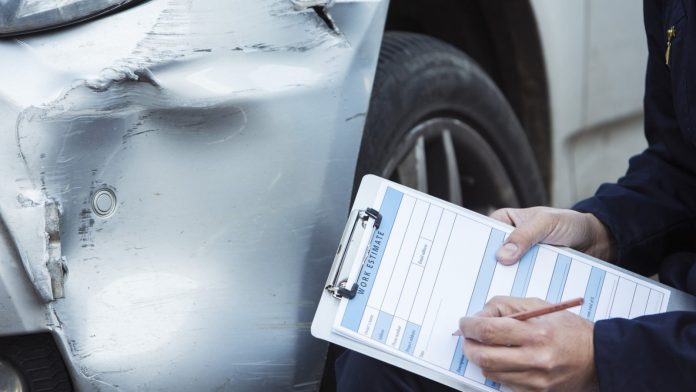
If it’s a relatively minor incident, you may be tempted not to report the accident to your insurance company. Whether it’s to save money or avoid the hassle, there’s often a temptation to deal with it on your own. However, this is a major mistake.
Failing to immediately report an accident to your insurance company is illegal. It could eventually lead to denied claims and/or the cancellation of your policy. (And your insurance company will find out if the other driver reports the accident to their company.)
The best thing you can do is contact your insurance company as quickly after the accident as possible. Again, simply deliver the facts. Your insurance provider is not your therapist – keep it to the facts.
3. Trying to Represent Yourself
Most people don’t want to involve a lawyer in something if they don’t have to. However, when it comes to something serious like a car accident, you’re better off partnering with someone who has experience working with insurance companies and claims adjusters. Trying to do it on your own makes you vulnerable to being manipulated.
According to ThePersonalInjuryLawyers.com.au, hiring experienced motor vehicle accident lawyers will make sure you get the compensation that you’re entitled to claim. Best of all, they typically work on a contingency fee basis, which means you only pay if you win your claim. Should you lose, you don’t owe the lawyers a dime.
4. Poor Documentation
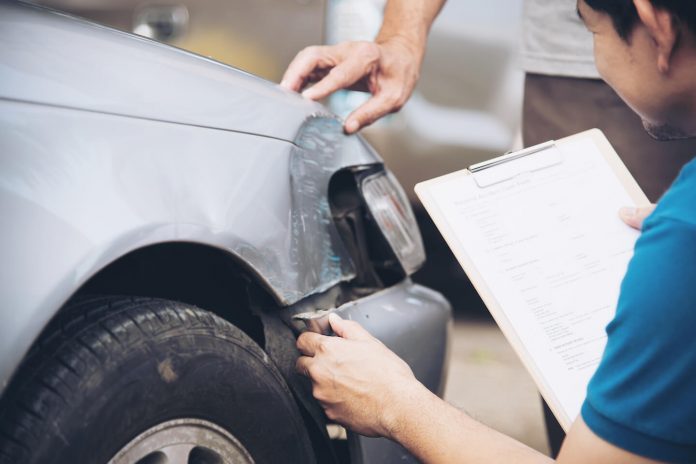
Assuming you’re physically able, you need to record as much information and evidence as you possibly can at the scene of the accident. This may include any combination of photographs, video, audio accounts, personal notes, or contact information from witnesses.
The right documentation can help you significantly as you go through the claims process and negotiate payouts. It’s better to have way more than you need than not to have any at all.
5. Accepting the Insurance Company’s First Offer
When a car insurance company calls to make an offer, you should listen, gather the details, and then politely hang up. Accepting the first offer is a huge mistake that almost always leaves significant money on the table. These initial offers are usually nothing more than cheap feelers to see how aggressive you’re willing to be. It’s possible that this number is worth just 15 to 50 percent of the actual number the company is willing to pay out.
Again, this is where having a good accident lawyer on your side helps. They know how to negotiate and help you develop a good counter-offer that puts you in the best chance to negotiate a good payout.
6. Adding it All Up
Life happens. And for millions of Americans, car accidents are an unfortunate part of this reality. While you can’t always control how an accident plays out, you can do your best to respond in a manner that maximizes your best interests and prevents you from being made a victim two times over. It’s highly recommended that you avoid making each of the mistakes highlighted above. But if you do nothing else, hire a team of motor vehicle accident lawyers to guide you down the correct path. This will ensure somebody is looking out for your best interests.
